Participating in the discussion of the draft law on Special Consumption Tax (amended), delegate Ha Sy Dong, member of the National Assembly's Economic and Financial Committee, said that this is a draft with many different opinions. In general, the latest draft has made remarkable adjustments, although it is not as expected by individual delegates and voters.
Delegate Ha Sy Dong speaks at the National Assembly on the morning of May 9 - Photo: CN
Regarding the application of special consumption tax (SCT) on air conditioners, this draft has adopted the direction of stipulating that SCT with a capacity of over 18,000 BTU to 90,000 BTU is subject to SCT (no tax is collected for SCT with a capacity of less than 18,000 BTU and over 90,000 BTU), delegate Ha Sy Dong said that the regulation on taxing this item should be removed.
According to the delegate, not taxing this item is in line with the world trend, currently no country collects special consumption tax on DHND. Currently many countries collect tax on refrigerants that cause ozone layer depletion and greenhouse effect such as CFC, HFC. Their method of collection is very reasonable because it encourages manufacturers to switch to using environmentally friendly refrigerants which are more expensive.
Vietnam's tax collection on fossil fuels is unreasonable because fossil fuels have no substitute goods while special consumption tax must be a consumption-oriented tax, meaning that to limit the consumption of one commodity, there must be a choice to replace it with another commodity.
On the other hand, Vietnam also has regulations on the management of ozone-depleting substances. We do not collect special consumption tax on these substances because we have an import quota designed to decrease gradually each year. Therefore, the price of refrigerants on the market increases steadily every year, at a rate of 10-15% per year, which has the same impact as taxes.
Regarding gasoline, delegate Ha Sy Dong agreed with the view that gasoline should be taxed, but it is necessary to consider what type of tax should be imposed.
Currently, gasoline is the only item subject to both taxes, special consumption tax and environmental protection tax. Even similar items such as gasoline, oil, which is also used as fuel for vehicles, are currently only subject to environmental protection tax, not special consumption tax.
These two types of taxes are similar in nature but different in purpose. Environmental protection tax is levied on goods that, when used, cause pollution or have negative impacts on the environment, while special consumption tax has a broader purpose, including goods that are not encouraged to be consumed for reasons of social ethics, waste, luxury, health risks, and accident risks.
So, for the same purpose of taxing because burning gasoline creates emissions that pollute the environment, we create two different taxes, and gasoline is subject to both taxes for the same reason.
Therefore, delegates proposed to abolish special consumption tax on gasoline and transfer it entirely to environmental protection tax.
Delegate Hoang Duc Thang speaks at the National Assembly on the morning of May 9 - Photo: CN
Commenting on this draft law, delegate Hoang Duc Thang, Deputy Head of the Provincial National Assembly Delegation, expressed his views on imposing special consumption tax on beer and soft drinks.
Regarding the tax rate on beer, delegates highly agreed that the Government assigned the Ministry of Finance as the agency directly drafting this law to absorb and revise it for this session of the National Assembly to apply according to option 1 with a more reasonable tax rate. Delegates suggested that the Drafting Committee should absorb the opinion of the Standing Committee of the National Assembly to propose applying the law from January 1, 2027.
Regarding the addition of sugary soft drinks to the list of subjects subject to special consumption tax, delegate Hoang Duc Thang suggested considering not imposing special consumption tax on sugary soft drinks when there is not enough scientific basis to show that it is the cause of obesity, overweight, diabetes, etc., as well as not yet assessing the comprehensive and complete impact of this new tax policy.
According to the delegate, sugary soft drinks and other sugary products are not the only cause of the increase in the rate of overweight and obesity as explained in the draft law, but the main cause of this disease is due to excessive use and abuse of them.
Therefore, it is not advisable to impose special consumption tax on this item, but to focus the greatest efforts on propaganda and communication to raise awareness, thereby changing consumer behavior is a fundamental, true and effective measure. Time is needed to thoroughly study this tax policy before deciding, to avoid unwanted consequences.
Cam Nhung - Nguyen Ly
Source: https://baoquangtri.vn/dai-bieu-quoc-hoi-tinh-quang-tri-thao-luan-ve-luat-thue-tieu-thu-dac-biet-193535.htm


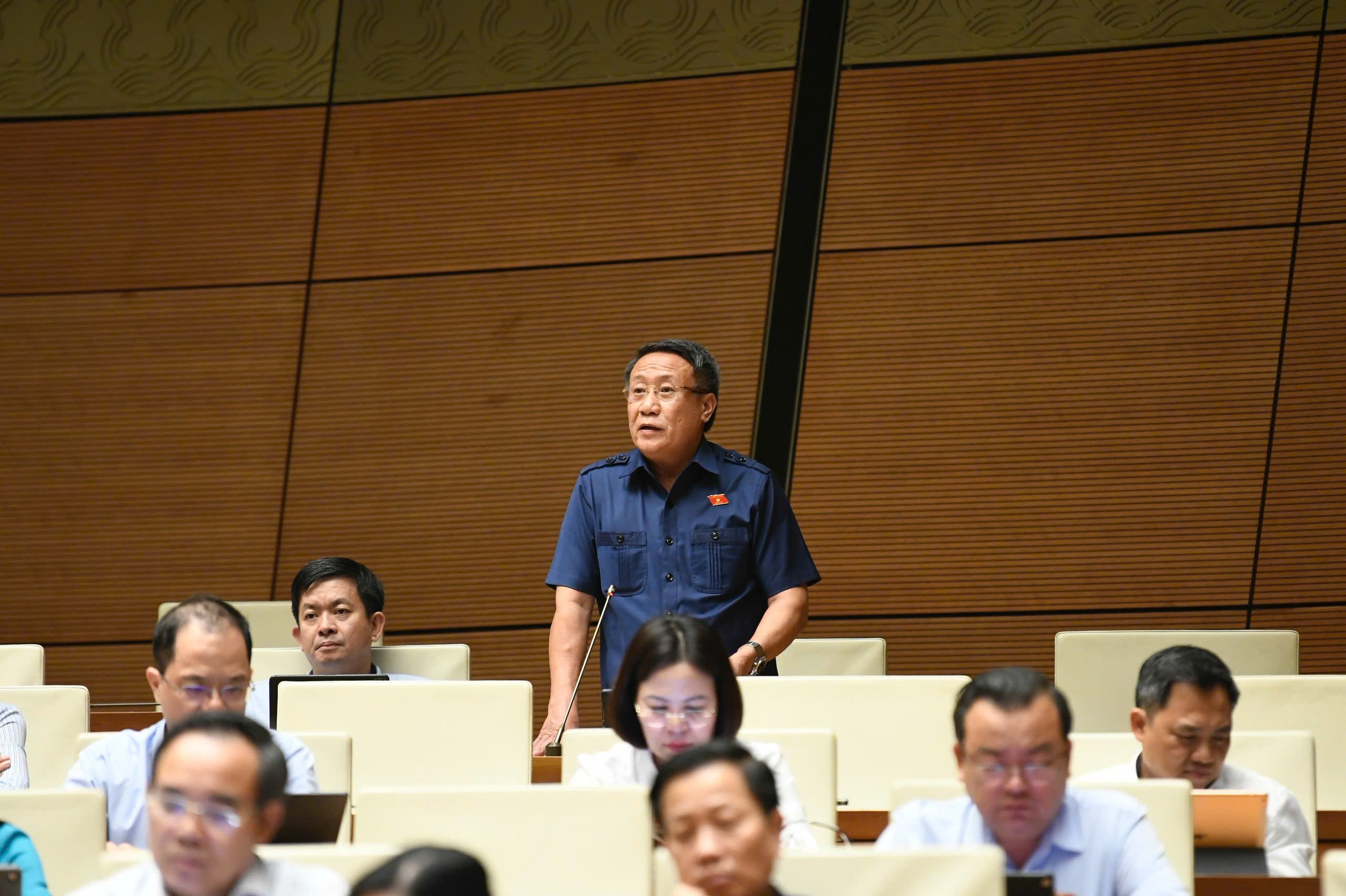
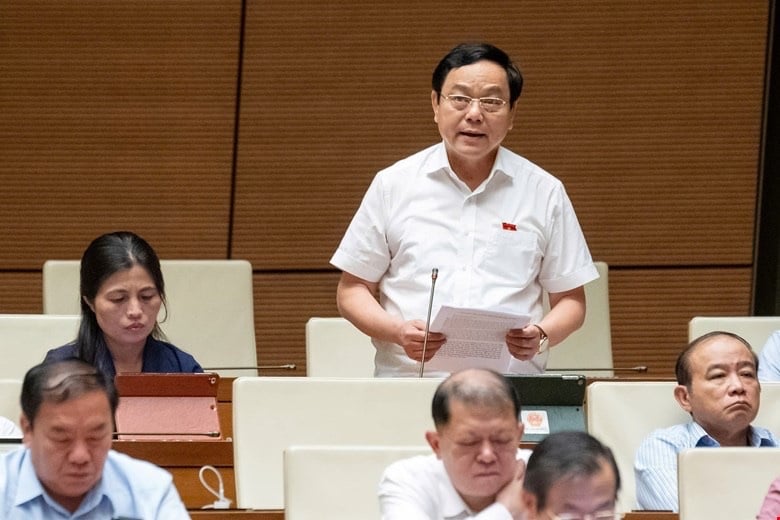

![[Photo] T&T 1 and Ho Chi Minh City 1 People's Police Teams won the men's and women's team championships](https://vphoto.vietnam.vn/thumb/1200x675/vietnam/resource/IMAGE/2025/5/22/39db06ae67cb4001b7a556e8d9a56d07)

![[Photo] Prime Minister Pham Minh Chinh chairs meeting on draft Resolution of National Assembly on International Financial Center in Vietnam](https://vphoto.vietnam.vn/thumb/1200x675/vietnam/resource/IMAGE/2025/5/22/d398664ff1a140629169ea5a24e1b4d0)
![[Photo] Press delegation meeting to visit Truong Sa and DK1 Platform](https://vphoto.vietnam.vn/thumb/1200x675/vietnam/resource/IMAGE/2025/5/22/6b8d232877ec421a9e8187d83b9f8006)
![[Photo] General Secretary To Lam chairs a working session with the Central Internal Affairs Commission](https://vphoto.vietnam.vn/thumb/1200x675/vietnam/resource/IMAGE/2025/5/22/3b7790f499da45b2803d8ae253207ef1)
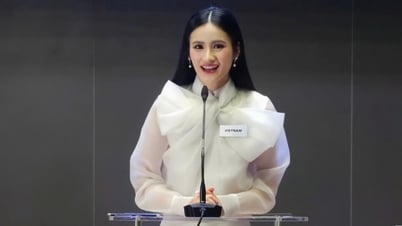

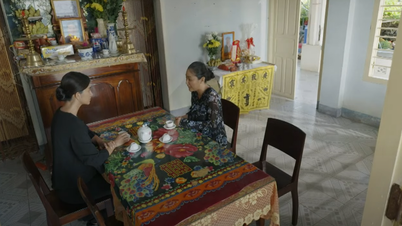




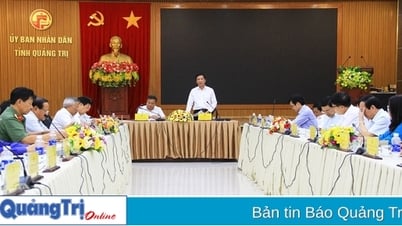






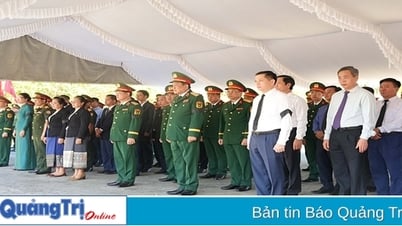
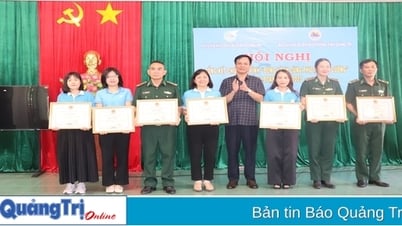



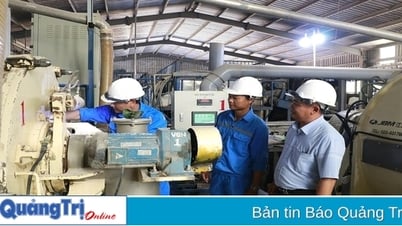
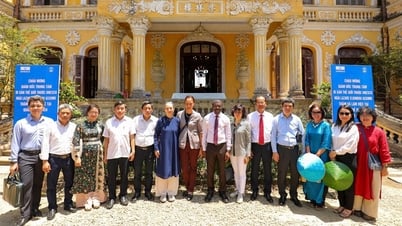









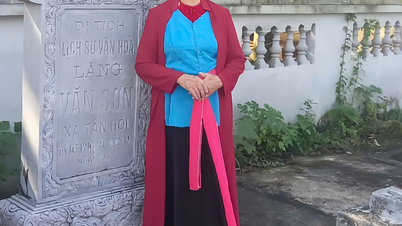














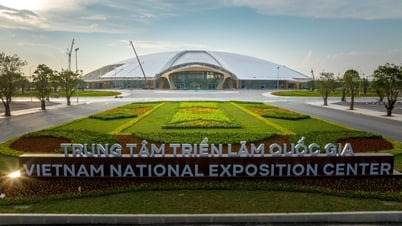

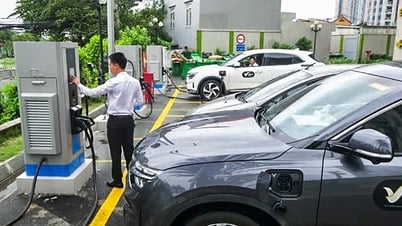









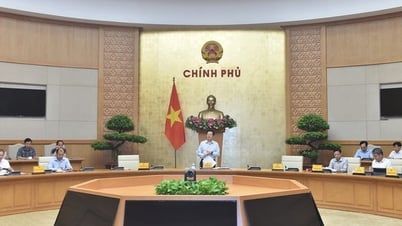


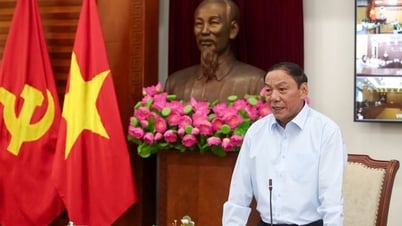
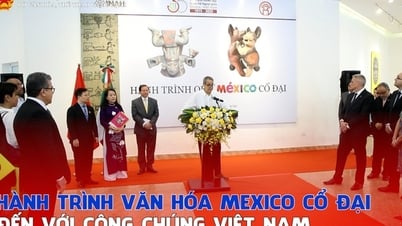
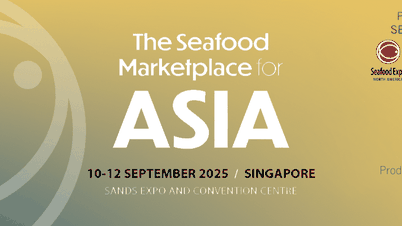

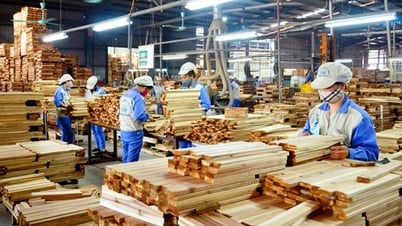



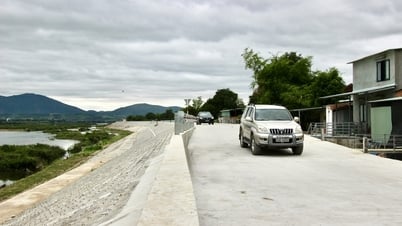

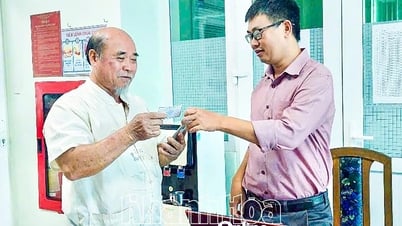





![[Podcast] Week introducing more than 500 OCOP products in Hanoi](https://vphoto.vietnam.vn/thumb/402x226/vietnam/resource/IMAGE/2025/5/22/d144aac2416744718388dbae3260e7fd)




Comment (0)